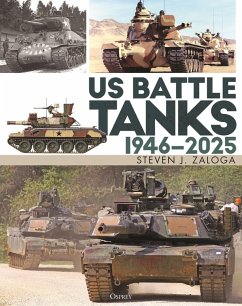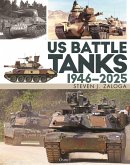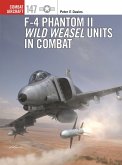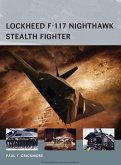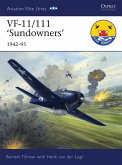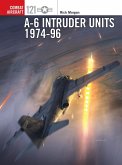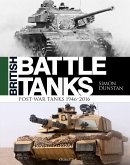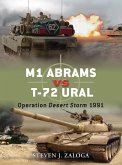A comprehensive and detailed illustrated examination of the development and combat performance of US battle tanks from the end of World War II through to the present day.
In this, the second of two highly illustrated volumes telling the full history of the design, development, and operational use of US Army and US Marine Corps battle tanks, Steven J. Zaloga takes the story from the end of World War II, through the US-Soviet rivalry of the Cold War period, right up to the latest developments in American armored technology.
US Battle Tanks 1946-2025 draws and expands on material published in Osprey's New Vanguard and Duel series to explain how the US Army attempted to come to grips with the challenges of the nuclear battlefield, and examines the introduction of new tank designs such as the famous Patton tank series, as well as short-lived attempts to develop more radical tanks such as the T95. It covers the overly ambitious and failed MBT-70 tank program and the more austere M1 Abrams that followed - a tank that proved to be the best US tank design of the post-World War II period and one that is still in service today.
Published in association with the AUSA Book Program, offering quality books about US Army heritage, military theory and policy, and security in the modern world.
In this, the second of two highly illustrated volumes telling the full history of the design, development, and operational use of US Army and US Marine Corps battle tanks, Steven J. Zaloga takes the story from the end of World War II, through the US-Soviet rivalry of the Cold War period, right up to the latest developments in American armored technology.
US Battle Tanks 1946-2025 draws and expands on material published in Osprey's New Vanguard and Duel series to explain how the US Army attempted to come to grips with the challenges of the nuclear battlefield, and examines the introduction of new tank designs such as the famous Patton tank series, as well as short-lived attempts to develop more radical tanks such as the T95. It covers the overly ambitious and failed MBT-70 tank program and the more austere M1 Abrams that followed - a tank that proved to be the best US tank design of the post-World War II period and one that is still in service today.
Published in association with the AUSA Book Program, offering quality books about US Army heritage, military theory and policy, and security in the modern world.

